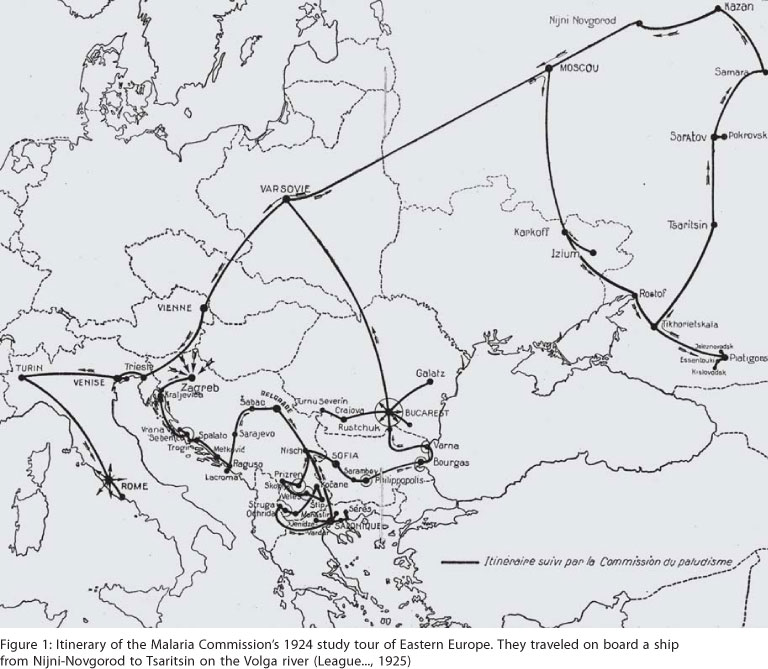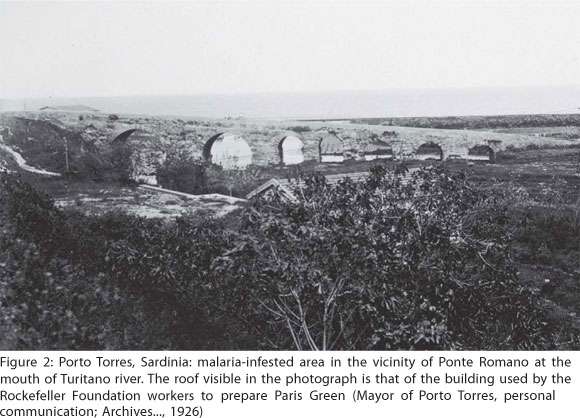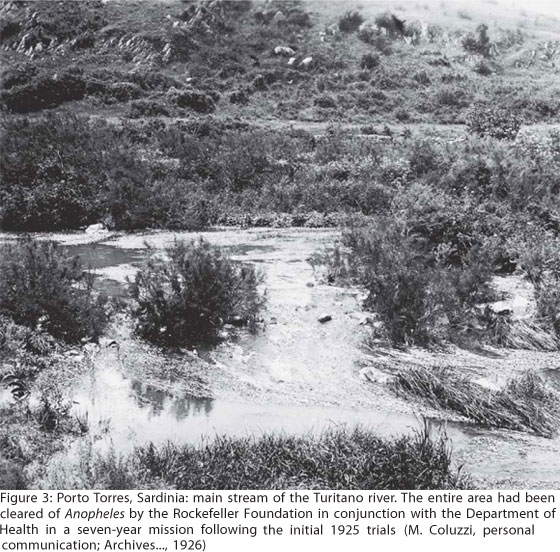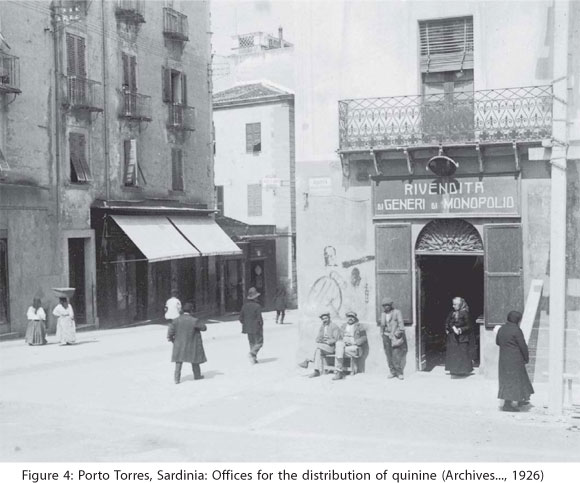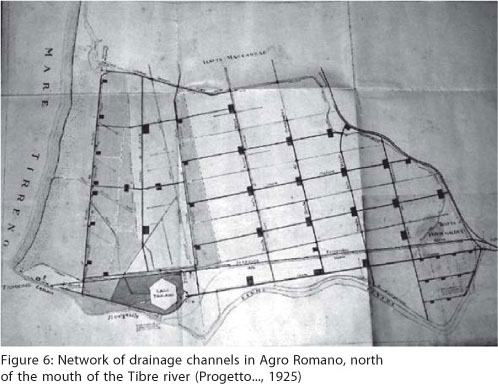The severity and endemicity of malaria declined gradually in Europe until WWI. During and after the war, the number of malaria cases increased substantially and peaked in 1922-1924. This prompted the Hygiene Commission of the League of Nations to establish a Malaria Commission in 1923 to define the most efficient anti-malaria procedures. Additionally, between 1924 and 1930 there were several international meetings and collaborations concerning malaria, which involved the main institutes of parasitology and the Rockefeller Foundation. The Commission reports, the guidelines for anti-malaria campaigns and the scientific programs which came out of these meetings and collaborations are analyzed in the present paper.
malaria; League of Nations; Malaria Commission; Bonifica Program; Rockefeller Foundation

